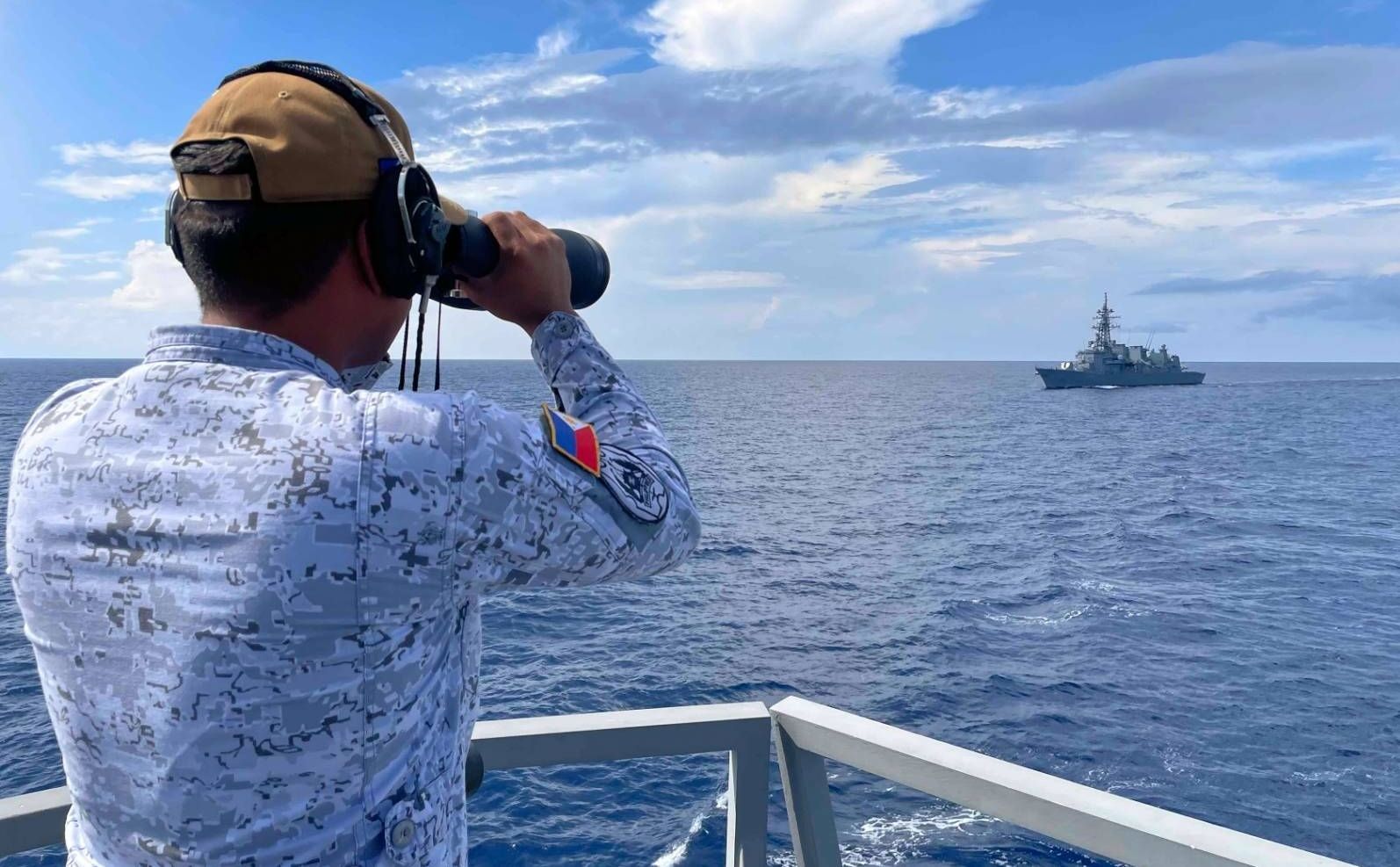Landmark military access pact allows 'in-depth' training between AFP, Japanese forces – DND

The Department of National Defense (DND) welcomed Tuesday, Dec. 17, the approval of Senate Resolution No. 1248 concurring in the ratification of the Reciprocal Access Agreement (RAA) between the Philippines and Japan.
DND Sec. Gilberto Teodoro Jr. said the military access pact will heighten Manila’s defense and security cooperation with Tokyo, and enhance the interoperability between the Armed Forces of the Philippines (AFP) and the Self-Defense Forces of Japan through the conduct of more “in-depth” practical cooperative activities and exercises.
“We look forward to the implementation of the RAA, which will enable our militaries to expand our defense cooperation and build trust and confidence amongst each other amid shared security challenges,” Teodoro said.
“Pursuing collaborative partnerships with like-minded nations is essential as we continue to fortify our own defense capabilities. The RAA with Japan is a testament to the Philippines' unequivocal commitment to peace, security, and stability of the Indo-Pacific region,” the defense chief added.
The ratification of RAA makes case for the involvement of Japan in highly sophisticated and huge military exercises by the AFP, including the Balikatan Exercise with the United States. In previous iterations of Balikatan, Japan only participated as an “observer” nation which meant their forces weren’t allowed to join the actual trainings.
The RAA was signed by Teodoro and Japanese Foreign Minister Kamikawa Yoko in Manila on July 8, allowing Filipino soldiers to undergo joint combat training with their counterparts in Japan.
After being ratified by the Senate, the DND said that the RAA needs to be approved by the Japanese government's National Diet, in accordance with Japan's domestic legal process, to render it valid and binding upon both our countries.
Meanwhile, the AFP said the RAA will help them to address security challenges, especially in critical areas such as the West Philippine Sea (WPS), and solidify its preparedness and resilience in safeguarding national sovereignty.
AFP spokesperson Col. Francel Margareth Padilla noted that the approval of the agreement “is a significant step in strengthening defense cooperation between the two nations.”
“For the Armed Forces of the Philippines (AFP), this agreement provides substantial benefits, particularly in enhancing training opportunities, joint exercises, and interoperability. In terms of our territorial defense posture, the RAA will bolster our maritime domain awareness capabilities through technology transfers, intelligence sharing, and strengthened collaboration with Japan, a country with advanced defense systems,” she stated.
Japan has supported the Philippines’ position in the WPS and criticized China’s expansionist claims in the South China Sea.
Like the Philippines, Japan also has a maritime dispute with China in the East China Sea which resulted in a number of tense confrontations.
For the Philippine Navy (PN), the RAA paves the way for a closer cooperation with the Japan Maritime Self-Defense Forces (JMSDF) which may result to increased maritime cooperative activities such as joint sail in the WPS.
“Being a staunch supporter of international law and a rules-based international order, the RAA will allow the JMSDF and the Phil Navy to have closer cooperation, coordination and collaboration as we prepare our forces for external defense,” said Rear Adm. Roy Vincent Trinidad, PN spokesperson for WPS.